“Aluminum Potassium Sulphate 500gm” has been added to your cart. View cart
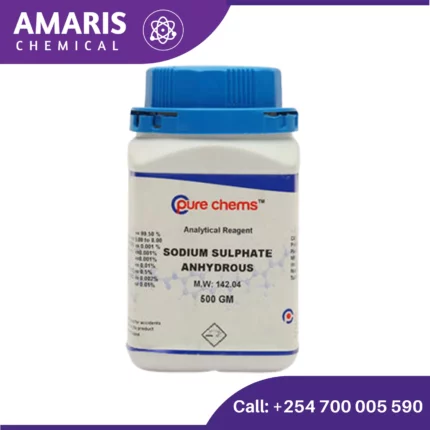
Sodium Sulphate Anhydrous 500g
$2,500.00 Original price was: $2,500.00.$2,300.00Current price is: $2,300.00.
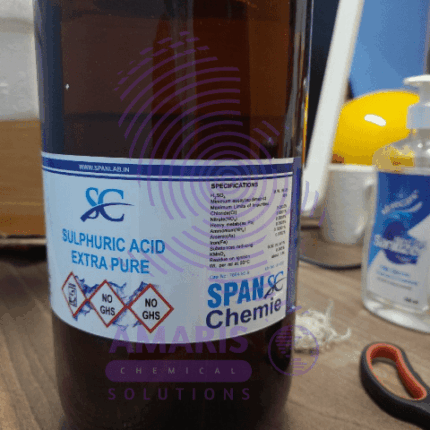
Sulphuric Acid 2.5 liters
$1,010.00 Original price was: $1,010.00.$950.00Current price is: $950.00.
Sudan 3 Solution 2.5 liters
$750.00 Original price was: $750.00.$600.00Current price is: $600.00.
Whatsapp Order
Chemical Name: 1-(2,5-Dimethyl-4-phenylazo)-2-naphthol
Molecular Formula: C22H16N2O
Appearance: Red to brownish-red powder
Solubility: Soluble in ethanol, benzene, and oils; slightly soluble in water
Preparation of Sudan III Solution:
- Stock Solution: Typically, a stock solution is prepared by dissolving 0.5g of Sudan III in 100ml of 70% ethanol.
- Working Solution: For staining, the stock solution can be diluted with ethanol or isopropanol to the desired concentration. A common working concentration is 0.5% Sudan III in ethanol or isopropanol.
SKU:
ACS76142CHEM0
Categories: Analytical Reagents, Chromatography Chemicals
Description
Uses of Sudan 3 Solution:
- Histology:
- Lipid Staining in Tissue Sections: Sudan III stains lipids in tissue sections, especially in frozen sections, which helps in identifying and visualizing lipid droplets within cells and tissues. This is useful for diagnosing conditions like fatty liver disease and lipid storage disorders.
- Cytology:
- Cell Smears: It stains lipids in cell smears, aiding in examining cells for lipid content. This is important in diagnosing metabolic conditions or infections involving lipid accumulation.
- Forensic Pathology:
- Detection of Fat Emboli: Sudan III is used to detect fat emboli in tissues, which can be crucial in cases of trauma, decompression sickness, or other conditions where fat emboli may be present.
- Plant Biology:
- Analysis of Seed Lipids: In plant biology, Sudan III stains lipids in seeds and other plant tissues, helping in the study of lipid storage and metabolism in plants.
- Microbiology:
- Staining of Bacterial Lipids: Sudan III can stain certain types of bacteria that contain lipid-rich cell walls, aiding in their identification and characterization.
- Clinical Diagnostics:
- Identifying Lipid-Rich Deposits: It is used in clinical settings to identify lipid-rich deposits in various tissues, indicative of diseases such as atherosclerosis or lipid storage diseases.
- Veterinary Medicine:
- Lipid Analysis in Animal Tissues: Sudan III can be used to analyze lipid content in animal tissues, assisting in diagnosing lipid-related conditions in veterinary practice.
Reviews (0)
Be the first to review “Sudan 3 Solution 2.5 liters” Cancel reply
Related products
Aceto Carmine 100 ml
Aceto carmine is a staining solution used primarily in microscopy to highlight cellular components. It is a mixture of carmine dye and acetic acid. Here’s an overview of its properties, preparation, and uses:
Properties
- Color: Red to purplish-red.
- Solubility: Soluble in water and ethanol.
- Staining Characteristics: Stains chromatin and cytoplasmic components, providing contrast for better visualization under a microscope.
Preparation
- Ingredients:
- Carmine dye: A natural red dye extracted from the cochineal insect.
- Acetic acid: A colorless liquid organic compound with a pungent smell.
- Procedure:
- Dissolve a specific amount of carmine powder in hot distilled water.
- Add glacial acetic acid to the solution.
- Filter the mixture to remove any undissolved particles.
Agar Agar Powder
Agar agar powder refers to the dehydrated and powdered form of agar agar, a natural gelling agent derived from seaweed. It is made by drying and grinding the agar agar gel, resulting in a fine powder with excellent gelling properties. Agar agar powder is commonly used in cooking, baking, and food preparation as a vegetarian and vegan substitute for gelatin. It is prized for its ability to create firm and stable gels at relatively low concentrations and temperatures. Agar agar powder is versatile and can be used in a variety of recipes, including desserts, confectioneries, jams, jellies, and savory dishes.
Aluminum Carbonate 250g
Aluminum carbonate is a chemical compound with the formula Al2(CO3)3. It is a white, crystalline solid that is insoluble in water. Aluminum carbonate is not commonly encountered in pure form due to its high instability, especially in the presence of water and carbon dioxide. Instead, it tends to decompose into aluminum hydroxide and carbon dioxide when exposed to moisture or acidic conditions.
Ammonia Acetate
Ammonium acetate (NH4C2H3O2) is a chemical compound with various applications and properties. Here are some key points about it:
Properties
- Chemical Formula: NH4C2H3O2
- Molecular Weight: 77.08 g/mol
- Appearance: White, crystalline solid
- Solubility: Highly soluble in water
- Melting Point: Decomposes upon heating
Ammonium Carbonate LR 500gm
Ammonium Chloride 500gm
Ammonium chloride is an inorganic compound with the chemical formula NH4Cl. It is a white crystalline salt that is highly soluble in water and has a salty taste. Ammonium chloride is often used in various industrial and laboratory applications, including as a flux in soldering, as a nitrogen source in fertilizers, and as a component in dry cell batteries. It can also be used in medicine as an expectorant to help thin and loosen mucus in the respiratory system


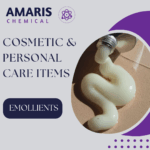 Emollients
Emollients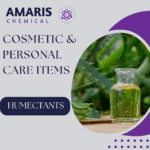 Humectants
Humectants UV Filters
UV Filters Surfactants (cosmetic)
Surfactants (cosmetic) Preservatives (cosmetic)
Preservatives (cosmetic) Fragrances and Essential Oils
Fragrances and Essential Oils Antioxidants (cosmetics)
Antioxidants (cosmetics)
 Solvents (lab)
Solvents (lab) Chromatography Chemicals
Chromatography Chemicals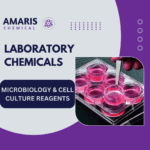 Microbiology and Cell Culture Reagents
Microbiology and Cell Culture Reagents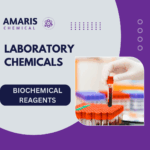 Biochemical Reagents
Biochemical Reagents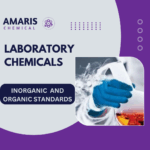 Inorganic and Organic Standards
Inorganic and Organic Standards LABORATORY EQUIPMENT & APPARATUS
LABORATORY EQUIPMENT & APPARATUS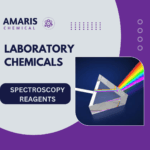 Spectroscopy Reagents
Spectroscopy Reagents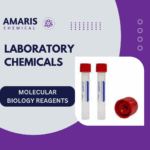 Molecular Biology Reagents
Molecular Biology Reagents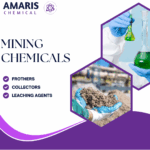
 Precious Metal Extraction Agents
Precious Metal Extraction Agents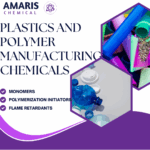
 Plasticizers
Plasticizers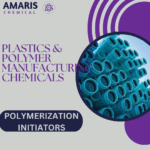 Polymerization Initiators
Polymerization Initiators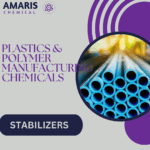 Stabilizers
Stabilizers Monomers
Monomers Fillers and Reinforcements
Fillers and Reinforcements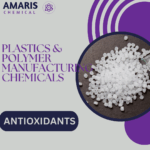 Antioxidants (plastics)
Antioxidants (plastics)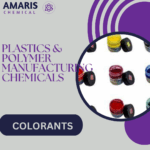 Colorants (plastic pigments,Dyes)
Colorants (plastic pigments,Dyes)
 Fertilizers
Fertilizers Plant Growth Regulators
Plant Growth Regulators Soil Conditioners
Soil Conditioners Animal Feed Additives
Animal Feed Additives Biostimulants
Biostimulants
 Dough Conditioners
Dough Conditioners Flour Treatments
Flour Treatments Fat Replacers
Fat Replacers Preservatives (baking)
Preservatives (baking)
 Surfactants (cleaning)
Surfactants (cleaning) Builders
Builders Bleaching Agents
Bleaching Agents Enzymes
Enzymes Solvents (cleaning)
Solvents (cleaning) Fragrances
Fragrances Disinfectant
Disinfectant Metal cleaning
Metal cleaning
 Binders/Resins
Binders/Resins Pigments
Pigments Solvents (paint)
Solvents (paint) Additives
Additives Driers
Driers Anti-Corrosion Agents
Anti-Corrosion Agents Specialty Coatings
Specialty Coatings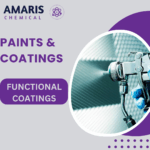 Functional Coatings
Functional Coatings Application-Specific Coatings
Application-Specific Coatings
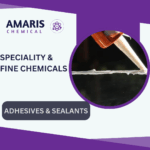 Sealants and Adhesives
Sealants and Adhesives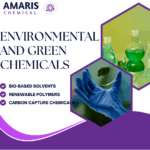
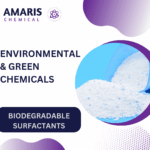 Biodegradable Surfactants
Biodegradable Surfactants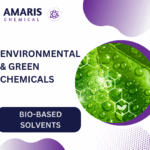 Bio-based Solvents
Bio-based Solvents Renewable Polymers
Renewable Polymers Carbon Capture Chemicals
Carbon Capture Chemicals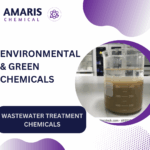 Wastewater Treatment Chemicals
Wastewater Treatment Chemicals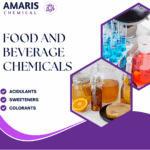
 Preservatives (food)
Preservatives (food) Flavor Enhancers
Flavor Enhancers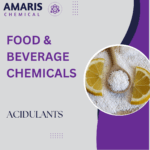 Acidulants
Acidulants Sweeteners
Sweeteners Emulsifiers
Emulsifiers Antioxidants (food)
Antioxidants (food) Colorants (food)
Colorants (food) Nutrient Supplements
Nutrient Supplements Nutraceutical Ingredients
Nutraceutical Ingredients
 Fresh Herbs
Fresh Herbs Whole Spices
Whole Spices Ground Spices
Ground Spices Spice Blends
Spice Blends
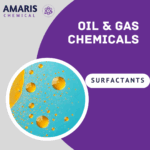 Surfactants(oil)
Surfactants(oil)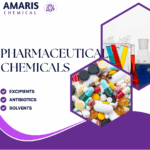
 Antibiotics
Antibiotics Active Pharmaceutical Ingredients
Active Pharmaceutical Ingredients Excipients
Excipients Vaccine Adjuvants
Vaccine Adjuvants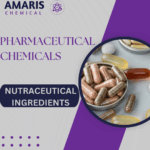 Nutraceutical Ingredients
Nutraceutical Ingredients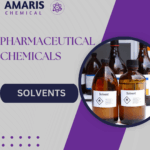 Solvents (pharmaceutical)
Solvents (pharmaceutical)
 Automotive chemicals
Automotive chemicals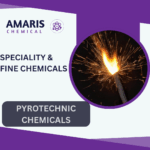 Pyrotechnic Chemicals
Pyrotechnic Chemicals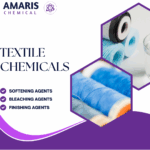
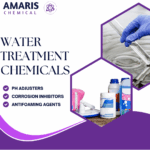

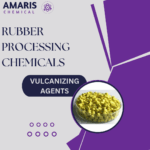 Vulcanizing Agents
Vulcanizing Agents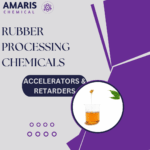 Accelerators & Retarders
Accelerators & Retarders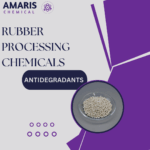 Antidegradants
Antidegradants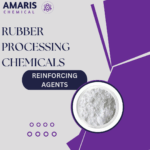 Reinforcing Agents
Reinforcing Agents Plasticizers & Softeners
Plasticizers & Softeners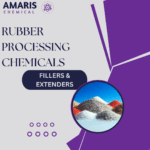 Fillers & Extenders
Fillers & Extenders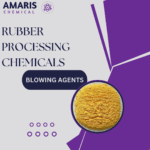 Blowing Agents
Blowing Agents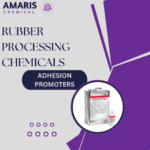 Adhesion Promoters
Adhesion Promoters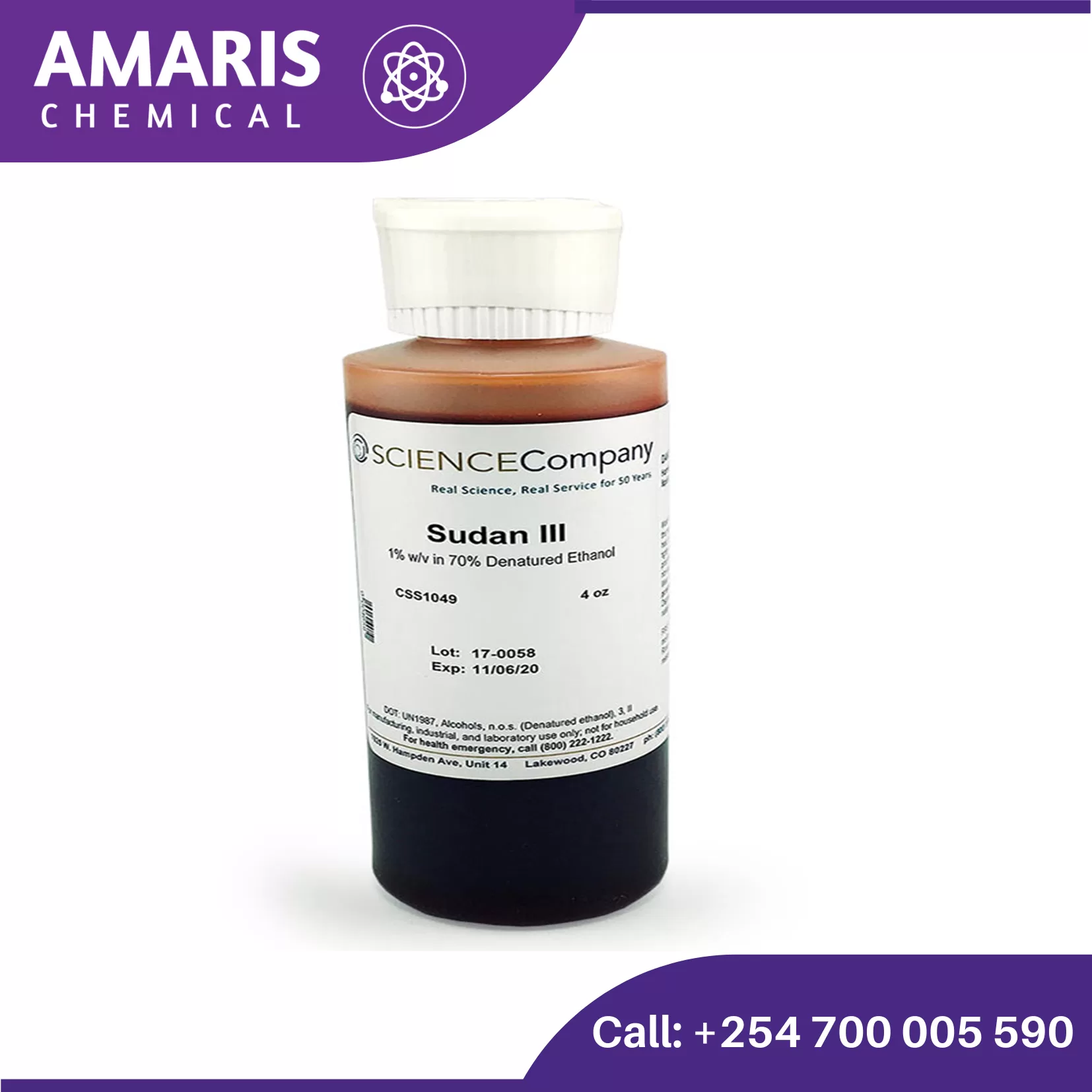
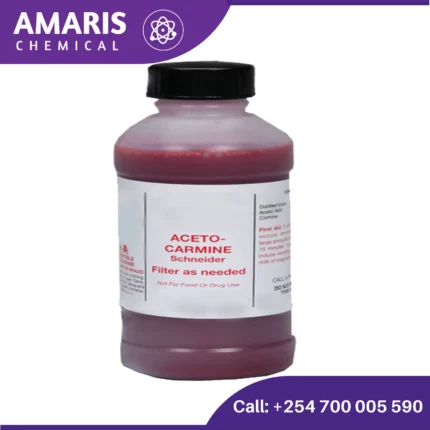
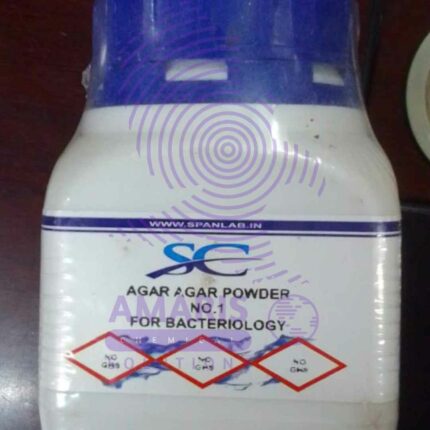
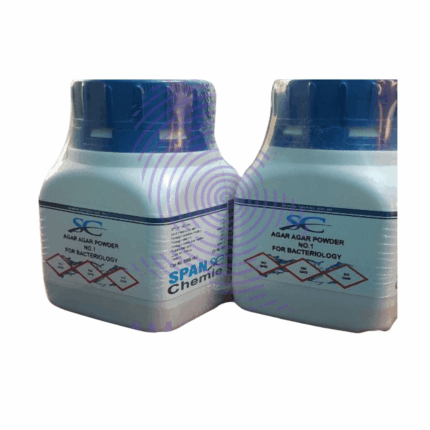
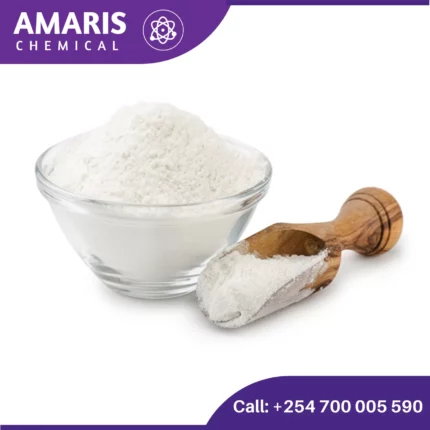
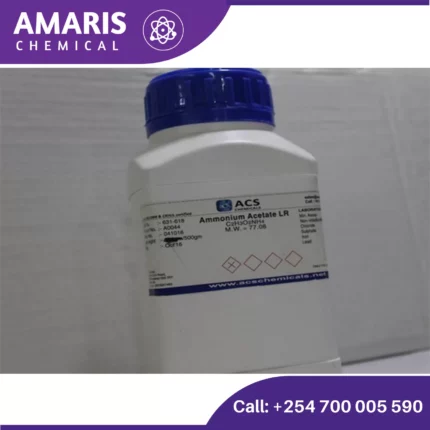
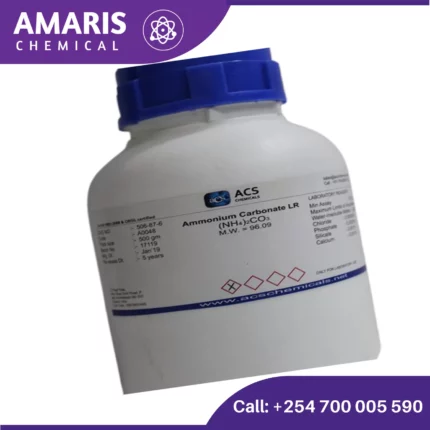
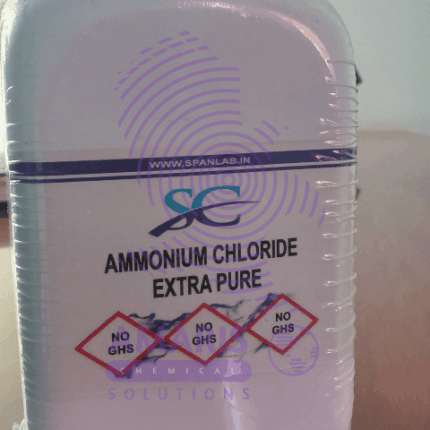
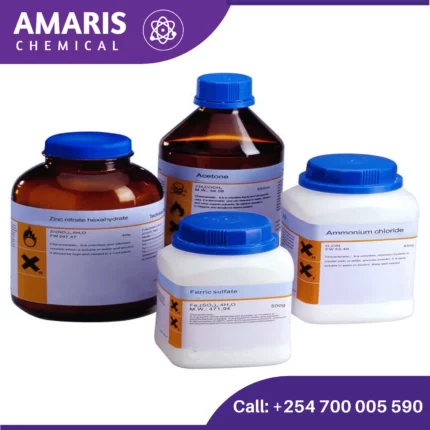
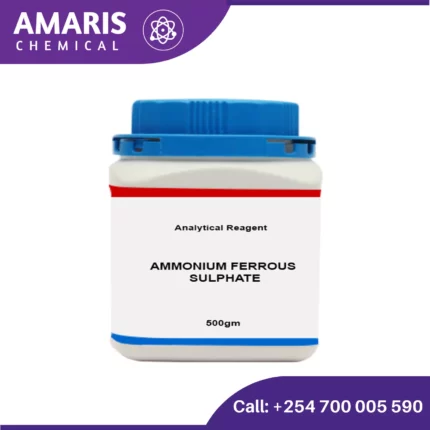













Reviews
There are no reviews yet.